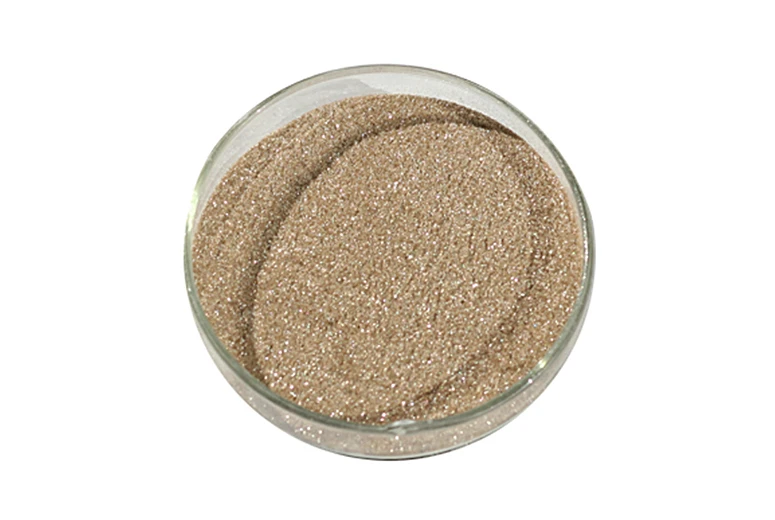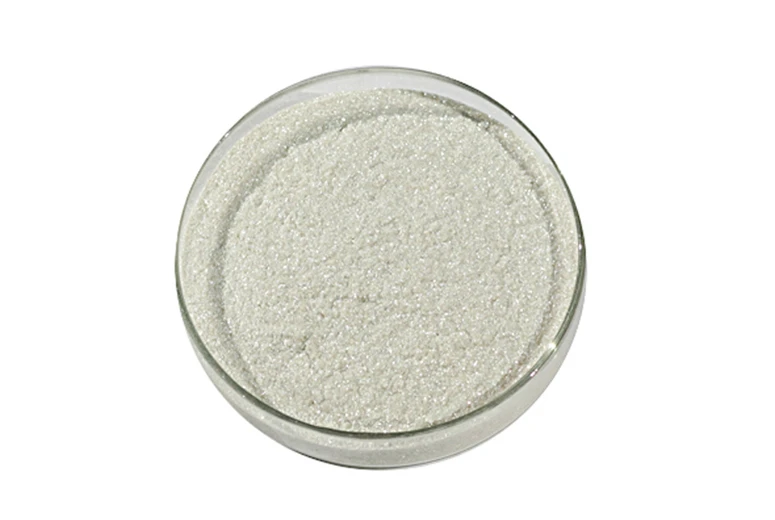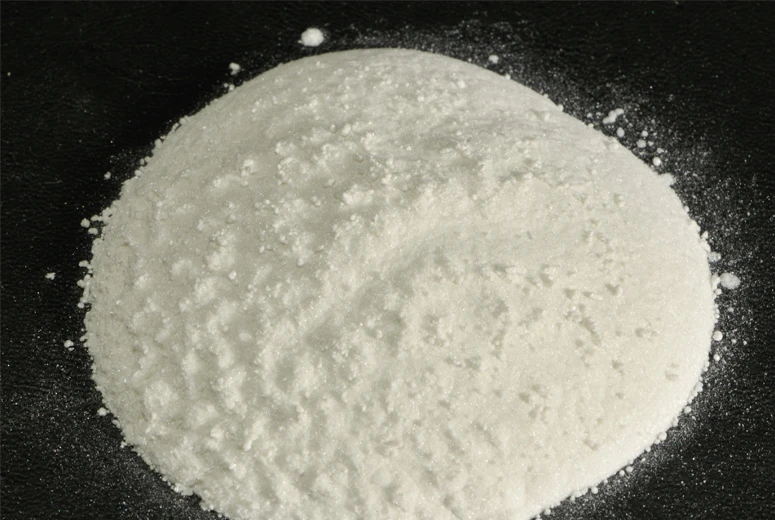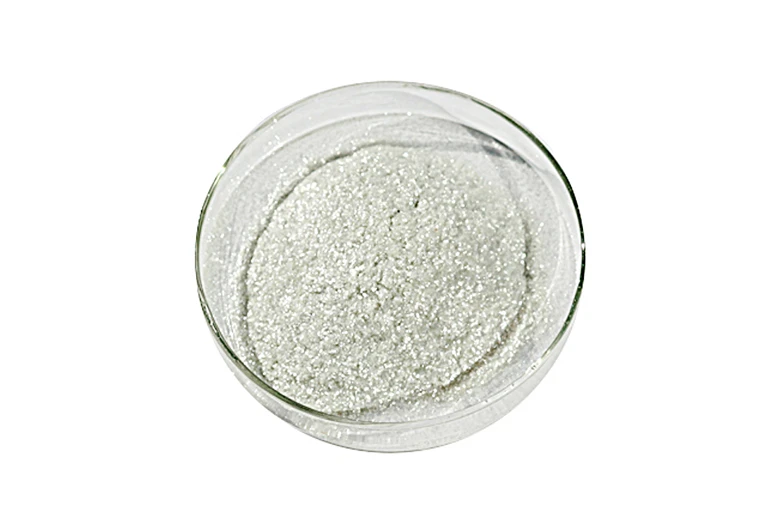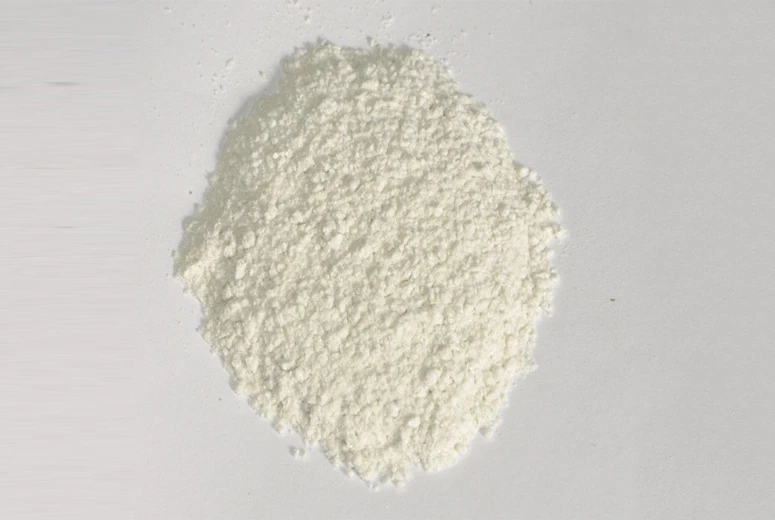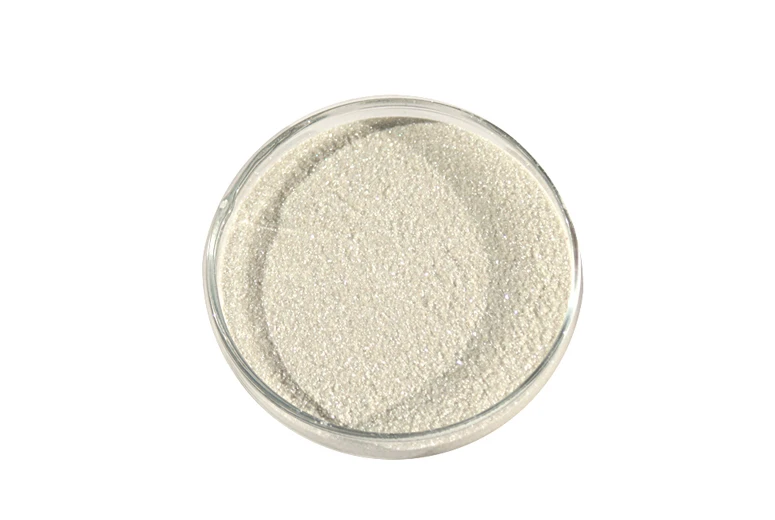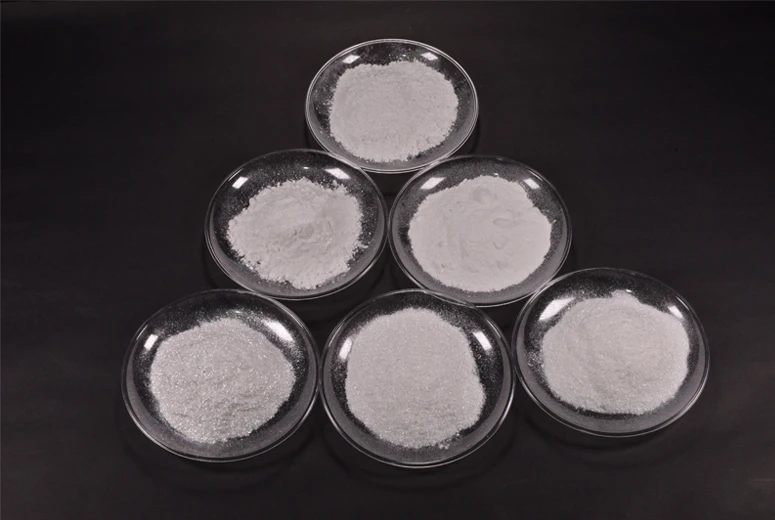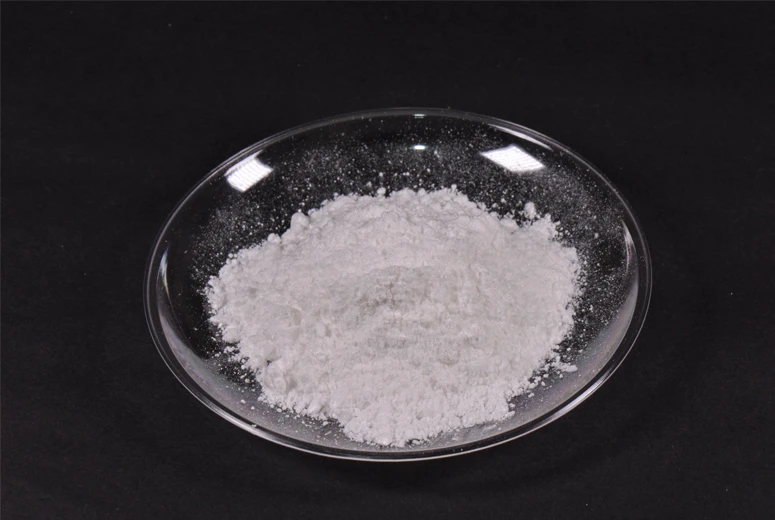Feb . 17, 2025 22:49
Back to list
edible mica powder
Mica, a naturally occurring mineral, is renowned for its unique properties and versatile applications across various industries. With its shimmering aesthetic and exceptional thermal resistance, mica has captured the interest of both manufacturers and consumers alike. However, not all mica types are created equal; there are several varieties of mica, each possessing distinct characteristics suited for specific uses. This comprehensive guide will delve into the most prominent varieties of mica, offering insights based on real-world experience and expert analysis.
Lepidolite Mica Renowned for its lithium content, lepidolite is frequently associated with the production of lithium batteries, a critical component in modern technology. Its potential extends to the glass and ceramic industries, where it is valued for improving product quality and thermal resistance. Expert assessments of lepidolite have underscored its strategic importance in advancing sustainable energy solutions. In our continuous pursuit of reliable materials, lepidolite has emerged as a vital contributor to the evolving field of renewable energy technologies. Sericite Mica Sericite stands out for its application in the cosmetic industry, offering a soft and silky texture in products like foundations and powders. Its fine particle size and reflective qualities enhance the aesthetic appeal and performance of cosmetic formulations. The development of sericite-based products emphasizes the importance of purity and quality, as adherence to stringent standards ensures consumer trust and satisfaction. Our authoritative work in cosmetic mineral ingredients has demonstrated sericite's versatility and its contribution to the development of high-performance, luxurious products. Mica's diverse applications highlight the importance of selecting the right variety to match specific industrial needs. From electrical insulation to beauty products, each type of mica offers distinct advantages grounded in scientific expertise and trustworthy performance. Engaging with reliable suppliers and investing in quality control ensures that the materials meet the highest standards, reaffirming their role in innovation across multiple sectors. In conclusion, understanding the varieties of mica is crucial for manufacturers seeking materials with precise functional properties. Our extensive experience in the field provides an authoritative perspective on the selection and utilization of mica, fostering trust and confidence among our clients. As industries continue to evolve, the demand for specialized materials like mica will drive further exploration and innovation, making it an essential component in future technological advancements.
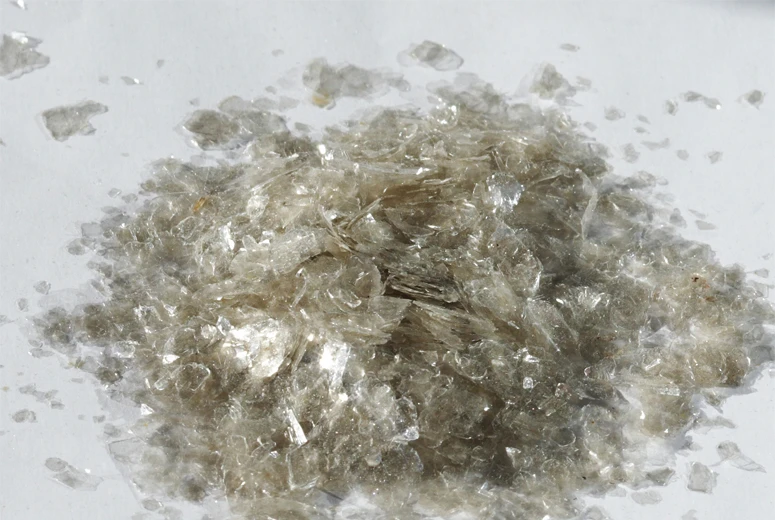
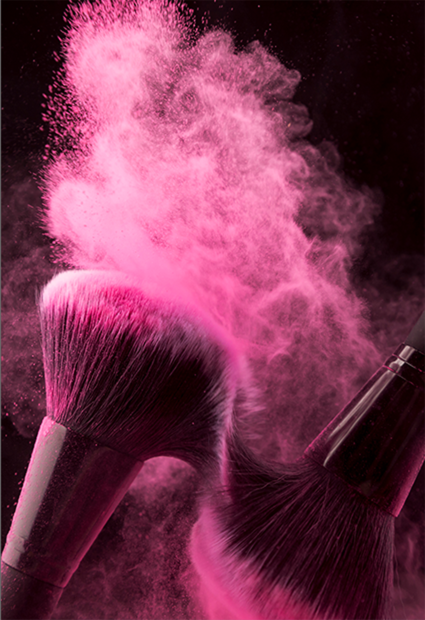
Lepidolite Mica Renowned for its lithium content, lepidolite is frequently associated with the production of lithium batteries, a critical component in modern technology. Its potential extends to the glass and ceramic industries, where it is valued for improving product quality and thermal resistance. Expert assessments of lepidolite have underscored its strategic importance in advancing sustainable energy solutions. In our continuous pursuit of reliable materials, lepidolite has emerged as a vital contributor to the evolving field of renewable energy technologies. Sericite Mica Sericite stands out for its application in the cosmetic industry, offering a soft and silky texture in products like foundations and powders. Its fine particle size and reflective qualities enhance the aesthetic appeal and performance of cosmetic formulations. The development of sericite-based products emphasizes the importance of purity and quality, as adherence to stringent standards ensures consumer trust and satisfaction. Our authoritative work in cosmetic mineral ingredients has demonstrated sericite's versatility and its contribution to the development of high-performance, luxurious products. Mica's diverse applications highlight the importance of selecting the right variety to match specific industrial needs. From electrical insulation to beauty products, each type of mica offers distinct advantages grounded in scientific expertise and trustworthy performance. Engaging with reliable suppliers and investing in quality control ensures that the materials meet the highest standards, reaffirming their role in innovation across multiple sectors. In conclusion, understanding the varieties of mica is crucial for manufacturers seeking materials with precise functional properties. Our extensive experience in the field provides an authoritative perspective on the selection and utilization of mica, fostering trust and confidence among our clients. As industries continue to evolve, the demand for specialized materials like mica will drive further exploration and innovation, making it an essential component in future technological advancements.
Prev:
Next:
Latest news
-
Transforming Surfaces with Mica-Enhanced Paints in Coatings and DecorationNewsJul.02,2025
-
The Ultimate Guide to Mica-Based Luminous Colors with Pearlescent PigmentNewsJul.02,2025
-
The Critical Role of Mica in Industrial Applications in Welding and Oil FieldsNewsJul.02,2025
-
Revolutionizing Automotive Aesthetics with Modified Plastics Pearlescent PigmentsNewsJul.02,2025
-
The Secret with Mica Powder for Cosmetics Behind Radiant, Natural MakeupNewsJul.02,2025
-
Enhancing Performance in Polymer Applications with Mica Powder for RubberNewsJul.02,2025
Products categories


